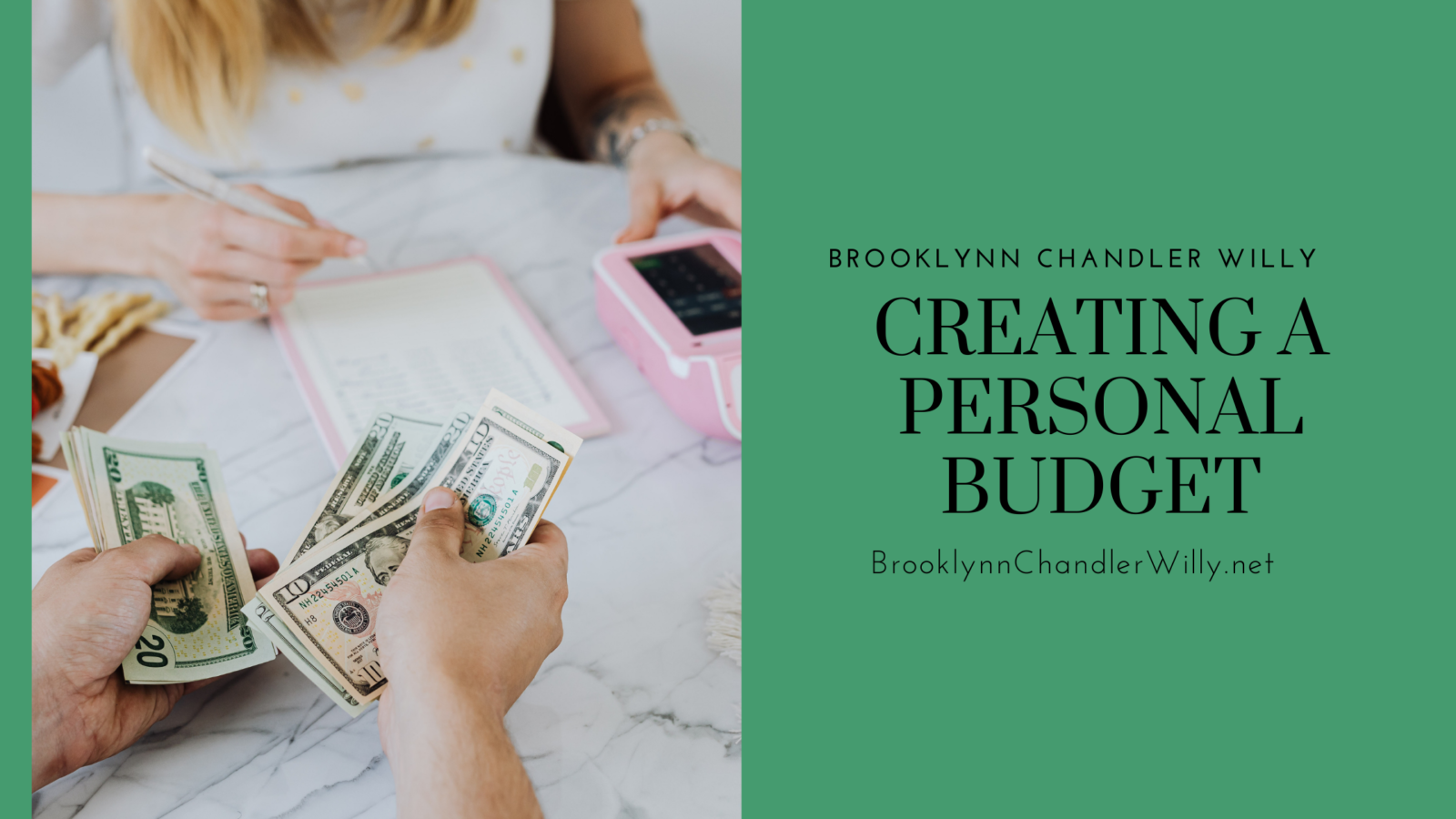Whether you are a new student in college, just getting started in the workforce, or have an established and successful career, it is important to always have a personal budget. A budget helps keep your finances in order by balancing income and expenses. Having a budget will also help you save more money and reach long-term financial goals. To prevent overspending and enhance your own financial literacy, here’s how to create a personal budget:
Determine Monthly Income and Fixed Expenses
The first step to creating a budget is determining both your monthly income and fixed expenses. Your monthly income is all the money that is paid to you. Whether it is from your job, a settlement, or allowance, it all adds up to your monthly income. Having more than one job or irregular income is a different process and requires calculating your net income.
Once you have income determined, account for all of your fixed expenses. These are expenses that stay the same every month such as your rent, utilities, student loans, or debt payments. Total up your fixed expenses and subtract them from your monthly income to determine what you have left for variable expenses.
Evaluate Your Variable Expenses
Variable expenses are ones that can change month to month, such as groceries, going out to eat, shopping, traveling, or gifts. Take the time to go over your variable expenses from the past few months and bring them to a total for each month. If you start to notice that these variable expenses are totaling above your total net income, then you are living above your means and need to evaluate your spending habits.
Start Making Adjustments If Needed
After you have evaluated your income and all your expenses, it’s time to start making some adjustments. Think about the short-term and long-term financial goals you are looking to achieve and find where your spending habits are holding you back. Could you eat out less? Spend less money on groceries? End a subscription you don’t use anymore? These small adjustments can lead to big savings. You should aim to have your income and expenses to be equal. By having this balance, all of your income will be accounted for and you can have a budget that is working toward a specific financial goal.
Write it Down and Stay Organized
Use a spreadsheet or notebook to write down your income, expenses, and goals. Take the time each month to assess or even reevaluate. By staying organized and on top of your budget, you’ll be much more likely to stick to it and reach your financial goals.
This blog/website is only made available for educational purposes. It is designed to give visitors general information and a general understanding of select financial topics. It is not intended to provide specific financial or investment advice. Conduct your own due diligence or consult a licensed financial advisor/broker before making any and all financial/investment decisions.
This article was originally published on https://BrooklynnChandlerWilly.net


